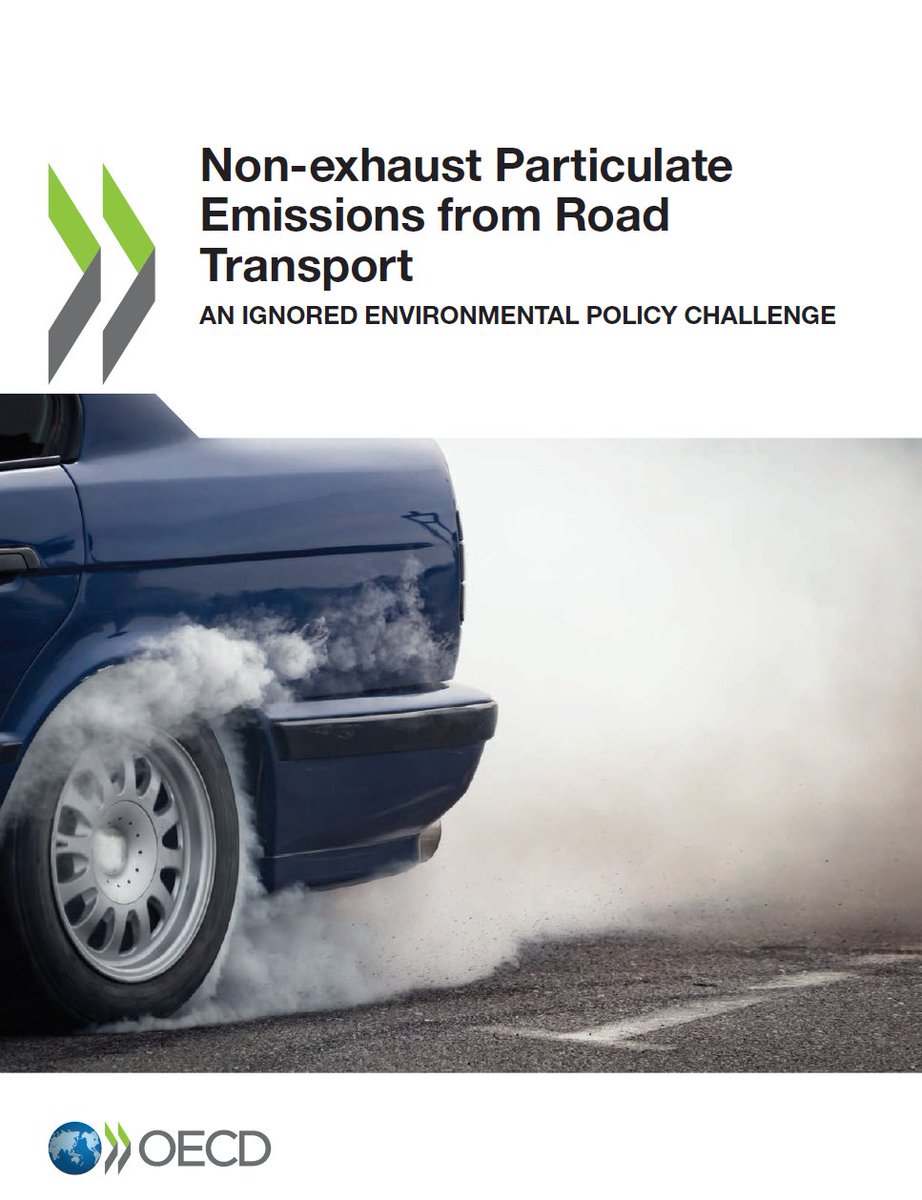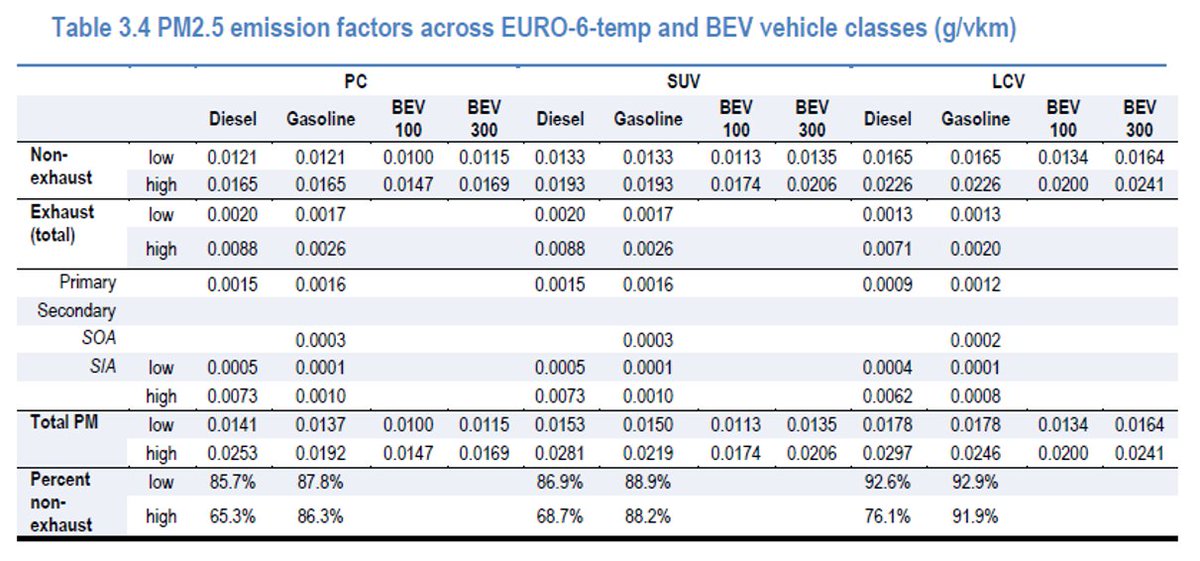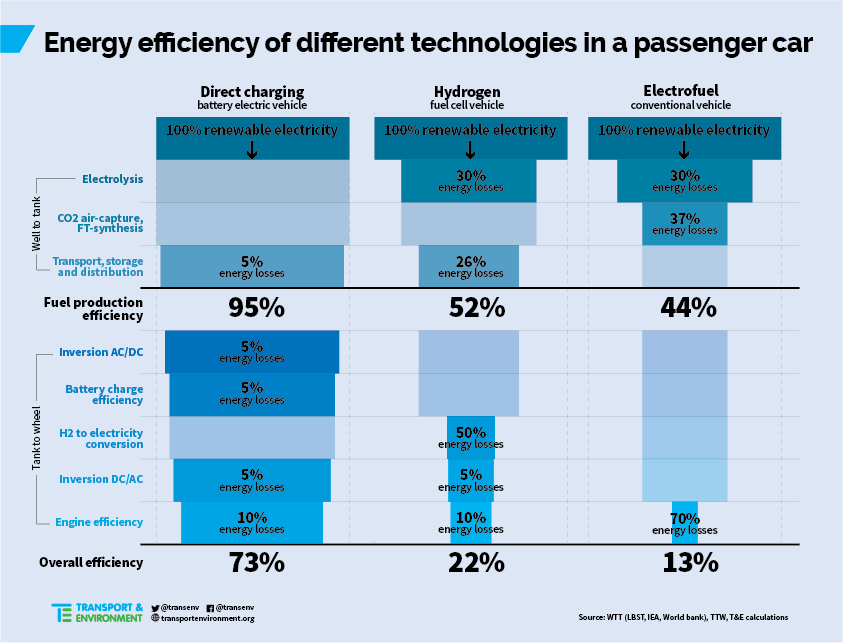
Some people want us to believe there's not enough solar energy available to cover our worldwide energy needs
They often use EROI (Energy Return On Investment) as their metric
This is a rant against these EROI people misinforming the debate, based on a rebuttal of a 2020 paper
They often use EROI (Energy Return On Investment) as their metric
This is a rant against these EROI people misinforming the debate, based on a rebuttal of a 2020 paper
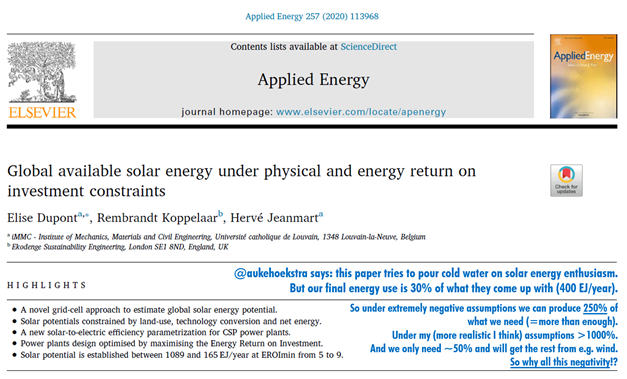
In essence the approach of the paper is straightforward:
1) Discard water and 96% of land because it's supposedly unavailable
2) Assume solar cells on just 1/5th of the remaining 4%
3) Complain that production of solar panels takes a lot of energy
sciencedirect.com/science/articl…
1) Discard water and 96% of land because it's supposedly unavailable
2) Assume solar cells on just 1/5th of the remaining 4%
3) Complain that production of solar panels takes a lot of energy
sciencedirect.com/science/articl…
About 1) (available land)
Discarding 96% of land seems pretty extreme:
30% of the world's land is barren
40% of the world's land is used for meat
I think we could find more than 4% if we tried
(but we don't have to: we need less than 1%)
ourworldindata.org/land-use
Discarding 96% of land seems pretty extreme:
30% of the world's land is barren
40% of the world's land is used for meat
I think we could find more than 4% if we tried
(but we don't have to: we need less than 1%)
ourworldindata.org/land-use
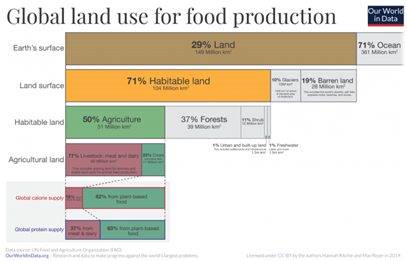
About 2) (using 1/5th of available land)
If cells are expensive and land is dirt cheap, covering 20% with solar cells is logical
But with cheap cells you maximize land use: 80% is easily possible
New paper headline:
"Global available solar energy over 10 times what we need"
If cells are expensive and land is dirt cheap, covering 20% with solar cells is logical
But with cheap cells you maximize land use: 80% is easily possible
New paper headline:
"Global available solar energy over 10 times what we need"

About 3) (20% of energy is needed for production)
This is something @MLiebreich and I often complain about:
If you get more energy out than you put it, that's FINE
If you get five times more energy out, that's GREAT
EROI is a USELESS metric. Let's STOP using it. At all.
This is something @MLiebreich and I often complain about:
If you get more energy out than you put it, that's FINE
If you get five times more energy out, that's GREAT
EROI is a USELESS metric. Let's STOP using it. At all.
I think the energy production numbers are very conservative (predicting 2030 and beyond based on 2013 Chinese production numbers?? - no learning curves??) but I won't go into that because EROI is a USELESS metric
I think that use of EROI stems from the misconception (still held by many) that the second law of thermodynamics implies that have limited energy here on earth
What they forget is that the massive influx of solar energy invalidates that argument
innovationorigins.com/tomorrow-is-go…
What they forget is that the massive influx of solar energy invalidates that argument
innovationorigins.com/tomorrow-is-go…
Of course there are other constraints. Like costs (but solar is cheap) and raw materials
Most sensible people have heard about planetary constraints. And of @KateRaworth and Doughnut Economics
So let's use THOSE and STOP using EROI
Because it's a USELESS metric
Most sensible people have heard about planetary constraints. And of @KateRaworth and Doughnut Economics
So let's use THOSE and STOP using EROI
Because it's a USELESS metric
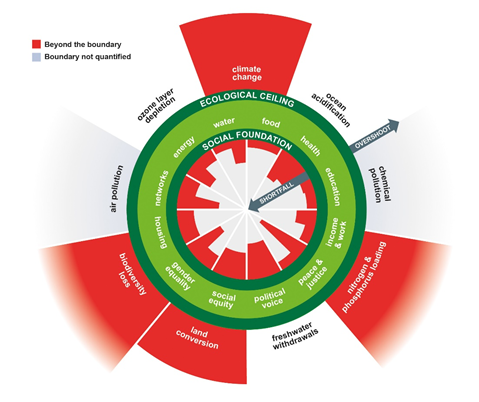
The EROI paper also suggest that it might be a good idea to add wind to the mix and to do more research into storage needed on an hourly basis. You think??
People like @mzjacobson, @ChristianOnRE, @nworbmot (and me: NEONresearch.nl) have been doing that for ages
WAKE UP!
People like @mzjacobson, @ChristianOnRE, @nworbmot (and me: NEONresearch.nl) have been doing that for ages
WAKE UP!
Anyhow, let's take heart from knowing that even EROI pessimists cannot make solar energy a limited resource
So let's get to work because there are many problems to be solved. But let's stop polluting the debate with irrelevant metrics conceived based on a misconception
Imho/end
So let's get to work because there are many problems to be solved. But let's stop polluting the debate with irrelevant metrics conceived based on a misconception
Imho/end
PS @MLiebreich just reminded me:
EROI that leaves out time is not even internally consistent
E.g. if solar cells had an EROI of 20 and lasted 20 years, their EROI/y would be identical to nuclear with an EROI of 60 that lasts 60 years.
But EROI is utterly useless anyway.
EROI that leaves out time is not even internally consistent
E.g. if solar cells had an EROI of 20 and lasted 20 years, their EROI/y would be identical to nuclear with an EROI of 60 that lasts 60 years.
But EROI is utterly useless anyway.
• • •
Missing some Tweet in this thread? You can try to
force a refresh


